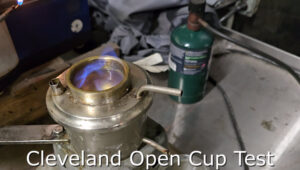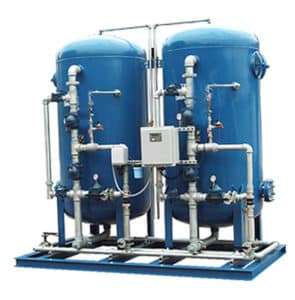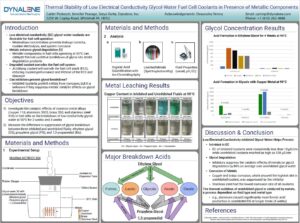Dynalene
Dynalene is pleased to announce that it has been awarded a Phase I STTR grant from National Science Foundation (NSF). This grant will help Dynalene to collaborate with Lehigh University researchers to develop a cost effective, high temperature molten salt heat transfer fluid and thermal storage medium for concentrated solar power plants (CSP).
With the worldwide growing need for energy, an alternative source of energy has been the primary focus of research over the past few decades. Molten salt heat transfer fluid used in concentrated solar power plants are one sub-area of such research. Dynalene has been a supplier of molten nitrate salts for several years. The current NSF grant will help Dynalene to further advance its technology by development of high temperature (>650°C) molten chloride salts. These molten chloride salts display excellent high temperature properties compared to nitrate salts but their extreme corrosive nature towards stainless steel has been a deterrent for their CSP applications.
With the current grant, Dynalene is developing inhibited molten chloride salts with excellent high temperature stability which would minimize corrosion by forming in-situ, corrosion resistant, ceramic layer on the stainless steel surface. Use of the inhibited molten chloride salt would increase the efficiency of energy generation in solar power plants and provide potential cost savings by utilizing ubiquitous economical metals such as stainless steel in place of expensive superalloys.
Satish Mohapatra, PhD, President and CEO said, “We are happy to receive the support from National Science Foundation for the development of inhibited, molten chloride salt. With the NSF Phase I funding, Dynalene looks forward to demonstrating the feasibility of a high temperature, inhibited molten salt which can be used as a thermal storage and heat transfer media in the CSP plants, built with low cost stainless steel.”







